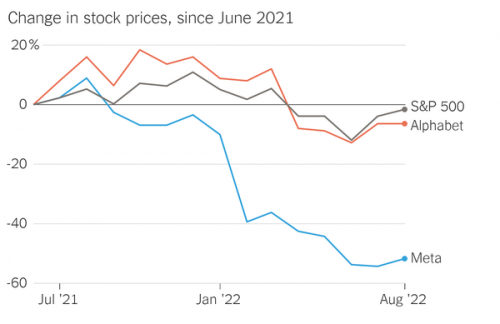Are you excited? I know I am, but not for the same reasons as Elon Musk. Today he is scheduled to announce the latest greatest news about his Optimus robot, and I expect another colossal pratfall. It’s coming, Musk assures us.
He tweeted in June that Tesla’s second AI Day would be pushed back from August until September 30 “as we may have an Optimus prototype working by then”.
He had earlier tweeted that “many cool updates” could be expected from the AI Day, while the actual purpose of the event is actually “to convince great AI/software/chip talent to join Tesla”, he said on May 18.
Optimus, which was originally known as the Tesla Bot, was first introduced in August 2021 during Tesla’s inaugural AI Day.
You may recall that the grand unveiling last year was of a person in a body stocking dancing. This year, he has announced it with an ominous image of robot claws forming a heart.
AI Day tomorrow pic.twitter.com/oVenZDbVMQ
— Tesla (@Tesla) September 30, 2022
He may also announce something about his cybertruck.
Cybertruck will be waterproof enough to serve briefly as a boat, so it can cross rivers, lakes & even seas that aren’t too choppy
— Elon Musk (@elonmusk) September 29, 2022
I can’t wait to see the demo of that…watching it sink will be so entertaining. I suspect the operative word in that claim is “briefly.” At least it’ll be easy to smash the windows to escape.
He may also drop more hints about his “robotaxi”, which is supposed to come out in 2024. It’s a Tesla car without a steering wheel or pedals that is entirely autonomous. That won’t be entertaining, it’ll be terrifying.
Stay tuned. All this will be announced live on the internet at 8:15pm Central time. I probably won’t pay any attention to it until tomorrow.
For a more grounded take, read Gary Marcus, and keep in mind that Musk has claimed that his Tesla cars are already “semi-sentient”.
Does anyone find that image reassuring or optimistic? It could be the poster for a horror movie.
Further commentary on a Tesla as a boat:
Our derelict vessel crews are begging you to understand that anything that “serves briefly as a boat” should not be used as a boat https://t.co/lcrunbf1DJ pic.twitter.com/j2eL5tGcJZ
— Washington State Dept. of Natural Resources (@waDNR) September 29, 2022
Not recommended.













